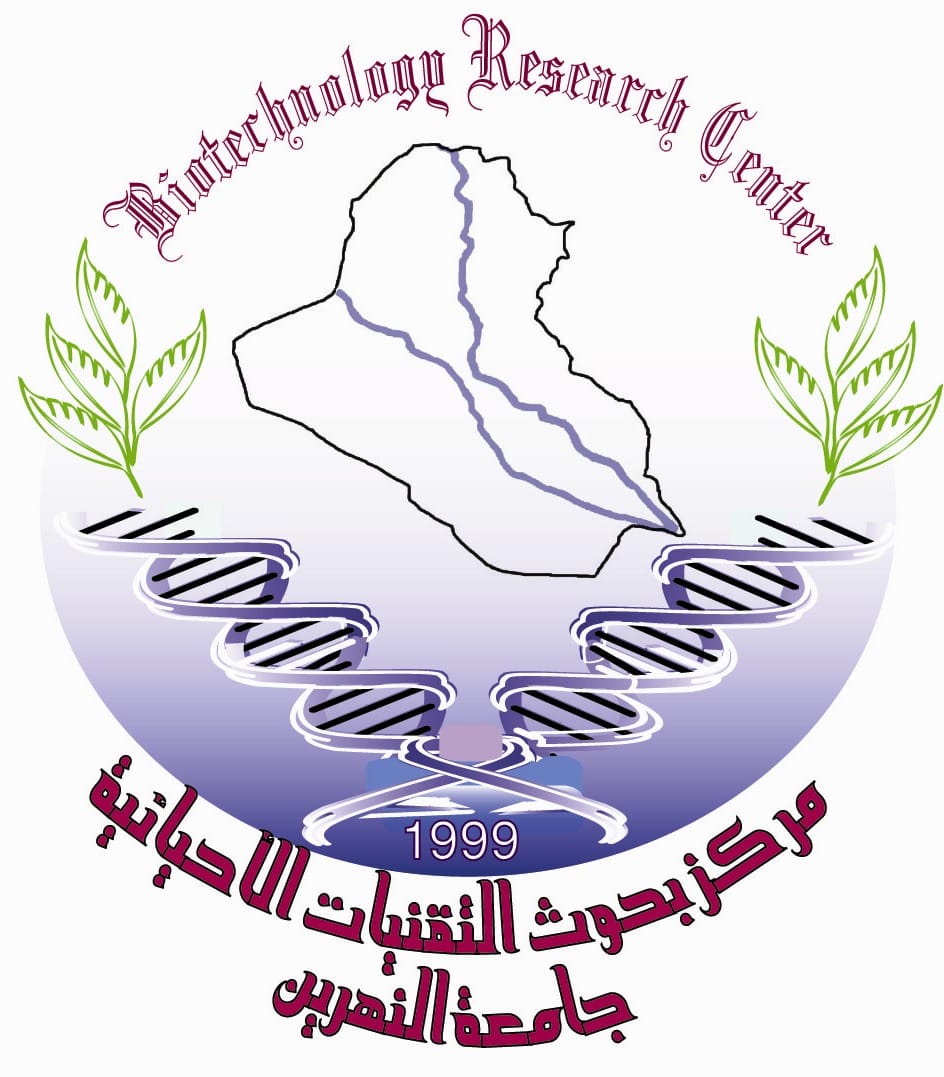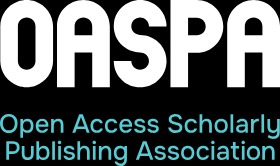The relation between vitamin D insufficiency and thyroid hormones in Iraqi women living in Al-Khalidiya, Anbar Province
DOI:
https://doi.org/10.24126/jobrc.2023.17.1.700Keywords:
Vitamin D, Thyroid hormones,, HypothyroidismAbstract
Background: Vitamin D insufficiency is a worldwide issue in all age groups. It was
discovered that vitamin D insufficiency is linked to autoimmune disorders such as Irritable
bowel illness, rheumatoid arthritis, systemic lupus erythematosus, multiple sclerosis, and
rheumatoid arthritis. Vitamin D is also connected to the development of thyroid autoimmune
disease and plays an important role in endocrinopathies including type 1 and type 2 diabetes,
adrenal diseases, and polycystic ovarian syndrome.
Materials and methods: 100 samples were collected for women from Al-Khalidiya city in
Anbar province (50 samples likely to have thyroid problems, 50 healthy samples). The levels
of vitamin D and thyroid hormones were measured using A Minividus system (which
combines a two-step enzyme sands assay with an ELFA, or End Fluorescent Detection
Method).
Results: The current findings revealed that there are significant variations in vitamin D and
T4 levels between patients and healthy controls ( P-value 0.05). There is also a positive
association between vitamin D levels and T4 (r = 0.378, P-value = 0.007), as well as a
negative correlation between vitamin D levels and TSH (r = -0.373, P-value = 0.008).
Conclusion: According to our result, Individuals with hypothyroidism in Alkhaldia have a
vitamin D3 deficiency. In addition, blood vitamin D levels show a positive correlation with T4
and a negative correlation with TSH levels. To avoid developing osteoporosis if
hypothyroidism persists, all hypothyroid Iraqi patients should be checked for Vitamin D
deficiency.
Downloads
Published
How to Cite
Issue
Section
License

This work is licensed under a Creative Commons Attribution 4.0 International License.
This is an Open Access article distributed under the terms of the creative commons Attribution (CC BY) 4.0 license which permits unrestricted use, distribution, and reproduction in any medium or format, and to alter, transform, or build upon the material, including for commercial use, providing the original author is credited.











